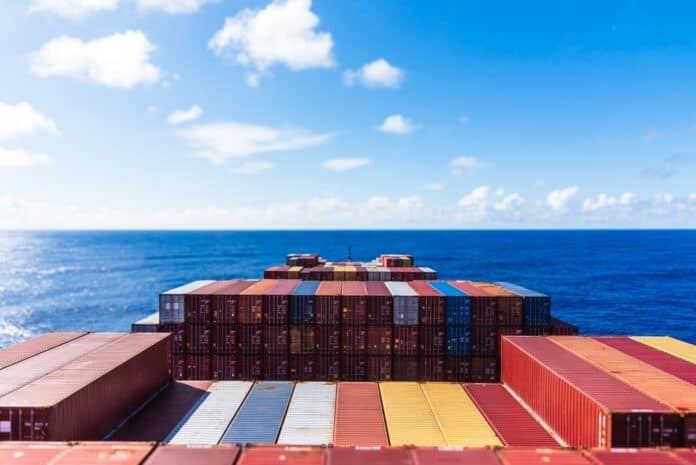The ocean freight contract season is a critical time for businesses involved in global shipping and trade to negotiate advantageous terms and rates for delivering products across international borders. Every year as this time of year draws near, businesses that ship globally must get ready to handle the challenges of negotiating contracts with shipping lines. Let’s examine the details of the ocean freight contract season and how companies can successfully manage it.
When does the ocean freight contract season get negotiated?
The season for ocean freight contracts usually starts at the end of the year when shipping lines (carriers) and shippers (businesses that export goods) negotiate shipping contracts for the next year. The terms, conditions, and prices for shipping products in ocean freight containers are governed by these contracts.
Important Components of Contracts for Ocean Freight
The negotiation of rates and prices is a fundamental component of maritime freight contracts. Shippers want to acquire competitive rates that fit within their spending limits, while carriers want to reach lucrative agreements that consider the state of the market and operating expenses.
Volume Commitments: Volume commitments are a common feature of ocean freight contracts, wherein shippers agree to convey a specific amount of goods during the term of the agreement. Shippers may be able to negotiate better prices and priority access to vessel capacity by fulfilling volume agreements.
Service Levels/Transit Times: Shippers can bargain with carriers for timely delivery of products by negotiating service levels and transit times. Service levels and transit times are decided after considering variables including port rotations, transit routes, and vessel timetables.
Other Considerations: Contracts pertaining to maritime freight may also include negotiations over the availability of equipment and containers, such as refrigerated containers (reefers) or specific containers for hazardous commodities. Shippers need to know that there will be enough equipment available to meet their shipping requirements.
How an industry veteran sees freight contract negotiation season:
In a recent interview with CNBC, Peter Sand, Chief Analyst at Xeneta – a freight rate analytics platform – said:
“Carriers sit in a much more comfortable chair now, and by the end of April, all the contracts that were signed last year will expire. So as soon as they expire, shippers may need to ship all that product on the spot market. No large-scale shipper can go all in on the spot market.” He then added, “Right now, it’s definitely not the preferred option.”
For companies involved in international trade, the ocean freight contract season offers both possibilities and difficulties.
Shippers may efficiently navigate the crucial negotiation period and get favorable terms and costs for shipping products over the seas by grasping the essential components of ocean freight contracts and utilizing strategic negotiation strategies. Businesses may maximize their global supply chain operations and navigate the ocean freight contract season with ease if they engage in proactive planning, collaborative collaborations, and meticulous preparation.




